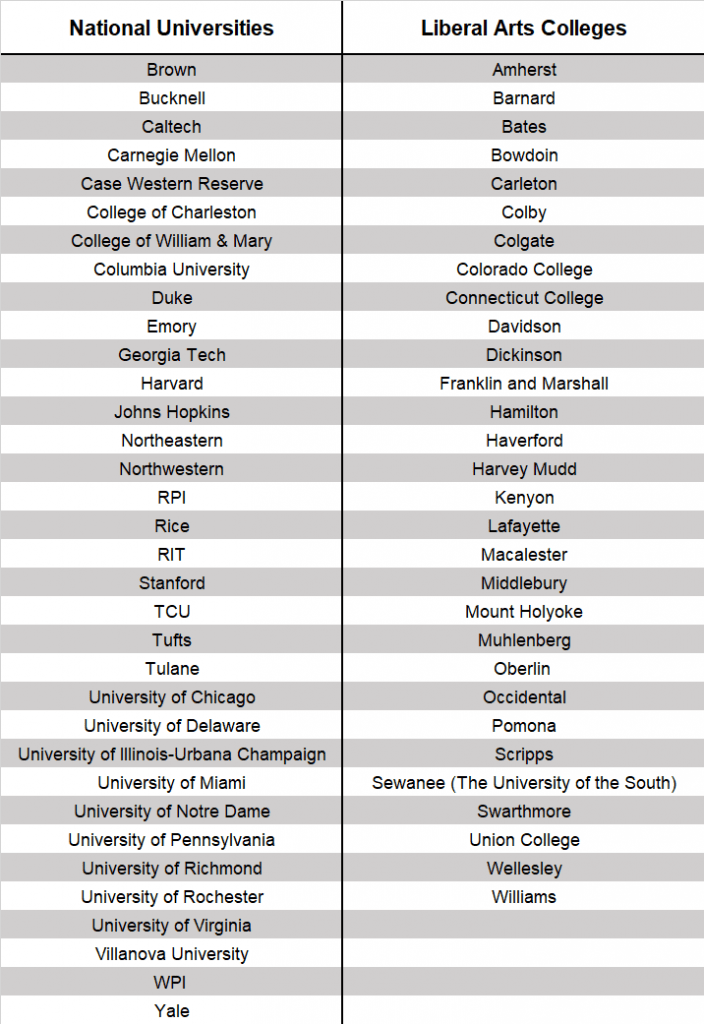In a surprising shift in college admissions, more colleges are now allowing applicants to self report their test scores. Previously, colleges required all applicants to send official score reports directly from the testing agency as a necessary part of the application. Not only did these reporting fees quickly add up, but having to send official score reports caused some confusion over whether multiple retakes looked bad in the eyes of admissions officers.
If I get to self- report, can I lie?
No, you cannot lie. Colleges still require the official score report to be sent once you are offered admission and choose to enroll. If the school notices a discrepancy between the score you reported and the official report, your offer will be rescinded.
Why this change?
The shift to self-reporting likely has to do with the efforts in higher education to make college admissions more equitable. CollegeBoard charges $15 for each official score report, so if a student plans to apply widely, these fees can quickly get out of hand. Certainly, allowing students to self report will alleviate some of the cost barriers that low income students face when it comes time to apply to college.
However, this shift to self reporting also carries with it another important implication. In the past, there has been some ambiguity surrounding multiple retakes. While some schools offered “score choice,” others required applicants to send all of their scores, but claimed to only look at the highest. This was a cause for concern for many students and parents, who wondered if taking the test multiple times would detract from the strength of a student’s scores.
Now, with self-reporting, applicants will only have to report their highest section scores (for SAT or schools that superscore ACT) or highest composite score (for schools that don’t superscore ACT) and admissions officers will have no knowledge of the number of tests a student took.
What does this mean for me?
There should be no apprehension about taking the test multiple times. For the SAT, your highest section scores are all that matters. It doesn’t matter if these scores come from your second take or your fourth. For the ACT, there are some holdouts on superscoring, but you shouldn’t have any qualms about retaking the test to get your highest composite.
In our experience, students should always take the test at least twice, but we’ve seen many students optimize their scores on their third or even fourth take. There is absolutely no harm in retaking until you get a score you are satisfied with (within reason— obviously, you need to be realistic!).
Below is a list of schools that allow self reporting. Please note that this list only includes the top 100 National Universities and top 50 liberal arts colleges according to US News.






0 Comments